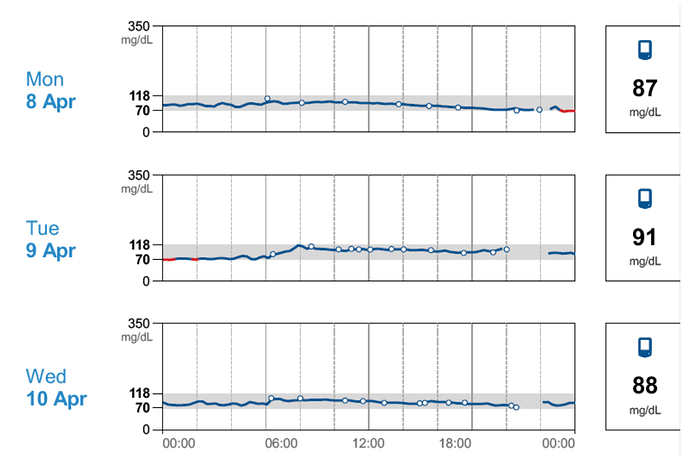Welcome to the forums!
The first thing is to doublecheck your carbohydrate intake for what we call “hidden carbs.” If you live in the U.S., be aware that manufacturers are allowed to choose serving sizes small enough to disguise the sugar content of their products. Any amount less than 0.5 g/serving can be listed as “0 g,” and any amount less than 1.0 g/serving can be listed as “less than 1 g.” If any form of sugar appears in the list of ingredients, I assume that the amount per serving is either 0.4999999 g or 0.999999 g, as appropriate. And of course, I also multiply that number by the real number of servings I will probably eat. In civilised parts of the world, manufacturers are still allowed to put amounts per serving, but they are also required to put amounts per 100 g of product, which rather puts the kibosh on this kind of shenanigans.
Assuming your doublecheck of carb intake doesn’t reveal any problems, try reducing your protein intake, compensating with a bit of extra fat. Although you say you were never diagnosed as diabetic, it is still possible that you have a certain amount of insulin resistance, and this can cause the liver to over-produce glucose if protein is too abundant. The Dudes recommend protein intake between 1.0 and 1.5 g per kg of lean body mass per day.
Another point to consider is that your body may simply be wired to maintain a higher serum glucose level than other people’s. Dr. Paul Mason, the Australian sports physician, said in a recent interview that as far as he’s concerned, a higher level of serum glucose is not a problem; it’s dramatic rises and falls in the level that he worries about. As long as a patient’s level remains relatively stable, he is happy.


